Certain Medical Conditions That Causes Oral Health Problems

Just like poor oral health can contribute to other medical conditions, the reverse is true, too: There are some diseases and disorders that can cause oral health problems.
One of the big ones is diabetes. People with poorly controlled diabetes have a much greater risk of developing periodontal disease and of having that periodontal disease progress and be more severe in nature.
Osteoporosis is also associated with periodontal disease, as studies suggest that the low bone mineral density associated with the condition can affect your jaw.
The type of bone loss associated with periodontal disease is called alveolar bone loss, which refers to the part of your jawbone that has tooth sockets.
Other conditions that can affect your oral health include:
- Alzheimer’s disease
- Fibromyalgia
- HIV/AIDS
- Prostate cancer
- Rheumatoid arthritis
“There are many studies coming out right now that show connections between these conditions and periodontal disease,” Dr. Ross says. “We expect more data soon that continues to show a linkage between them.
How to practice good oral hygiene
If you’re starting to feel a little panicky that you haven’t flossed your teeth yet today (or this week), take a deep breath. There’s plenty you can start doing right now to improve your oral hygiene habits and keep your mouth both happy and healthy.
Brush your teeth twice a day.
Use a fluoridated toothpaste and make sure you’re brushing for two whole minutes. Dentists recommend using an electric toothbrush.
Floss once a day.
To hit those tough-to-clean crevices, use actual dental floss rather than those little floss picks. And if you’re not sure you’re flossing right, ask your dentist or dental hygienist to walk you through it.
Try other home tools for oral hygiene.
Options like mouthwash and Waterpik® can help you keep your teeth and gums in tip-top shape.
See your dentist twice a year.
Regular exams, X-rays and cleanings will keep your smile looking great and keep you healthy. Seeing your dentist more regularly has been shown to decrease your risk for developing a stroke and other conditions.
Make an appointment with a periodontist.
If you’ve never visited one, now’s the time to start! Your dentist might recommend making an annual appointment with a periodontist, who can make sure your gums and jaw are healthy (and help you keep them that way).
Manage your other health concerns.
Focusing on heart health and managing conditions like diabetes and osteoporosis are critical to keeping your mouth healthy (not to mention the rest of you).
Maintain a healthy overall lifestyle.
What’s good for your body is good for your mouth, too. To keep yourself on a healthy path, try to exercise regularly, eat nutritious foods and avoid activities like smoking and drinking to excess.
Treating your oral health can impact your overall health, so it’s really important to take care of your teeth and your mouth.
What if you’re afraid of going to the dentist?
Look, the truth is that dentists, periodontists and orthodontists know that you may be scared of visiting them. And they’re skilled in working with nervous patients to try to make the whole experience much less anxiety-inducing.
There are a ton of ways that dentists can help you to not be fearful, and there is so much benefit to having regular dental care that they really hope you won’t let your nerves keep you away.


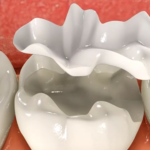

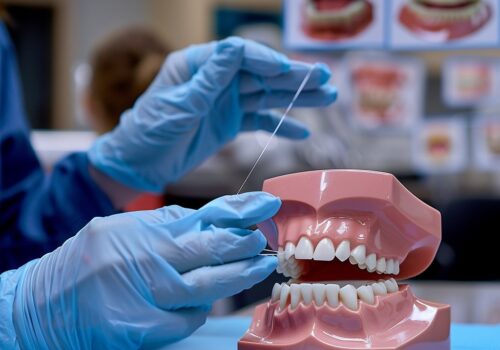



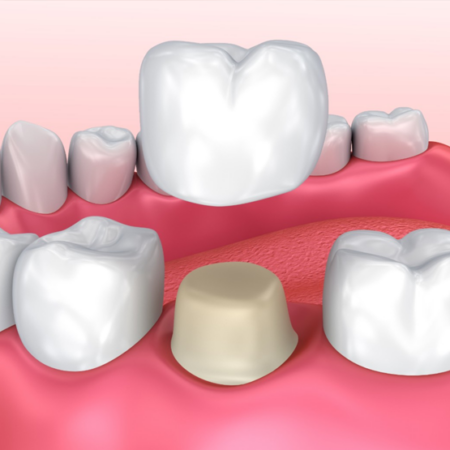
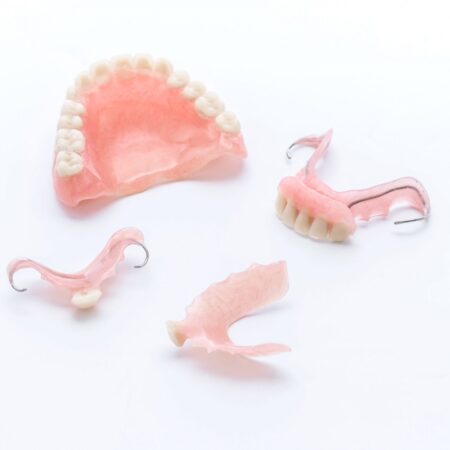

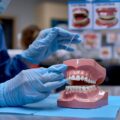


Leave a Reply